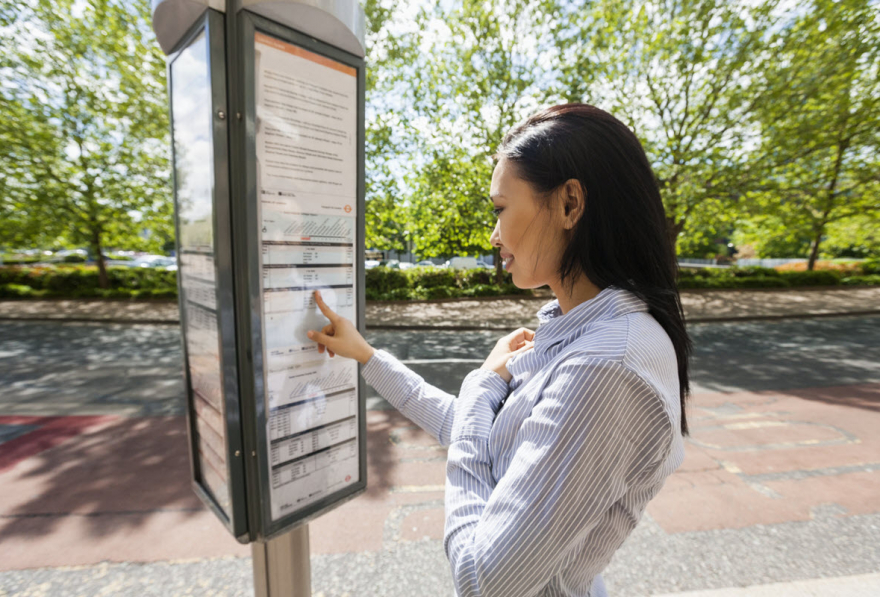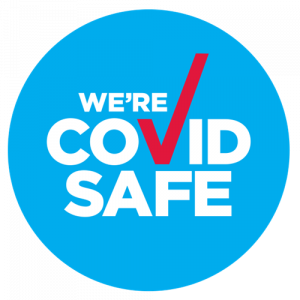What is literacy?
In its most simple form, literacy is a persons combined ability to read and write. We typically think of literacy learning starting once a child enters formal schooling – however, foundational pre-literacy skills begin developing at a much younger age.
By 3 or 4 years old, a child enjoys listening to books and talking about their favourite stories, they understand that printed words carry meaning (even if they don’t completely understand what it is yet), they make attempts to read and/or write, and are able to identify common and familiar signs and labels such as “stop” and “go” signs.
Why is it important for my child to develop these skills?
It is critical for young children to be exposed to pre-literacy skills such as rhyme, a varied vocabulary and basic print concepts (e.g. understanding that print is read from left to right, and from the top to the bottom of the page), as this forms the basis for developing more sophisticated reading and writing skills as they grow. Children and adults are required to read and write every single day of our lives, such as reading road signs and directions, completing forms with our personal information, understanding price tags at the shops, sending and receiving text messages, emails and much, MUCH more. Without the foundational skills, children may struggle to learn higher level literacy skills such as word and sound manipulation, impacting their long-term development of reading and writing.
Who can have difficulties with literacy?
A true cause of literacy difficulties is unknown, and it may vary between person to person. Sometimes literacy difficulties may be caused by difficulties processing information, difficulties with attention, or a co-occurring language disorder.
How to assist literacy development in everyday interactions
We can help our children learn literacy and pre literacy skills every day while we go about our regular routines at home and in the community.
For young children, including babies (yes, babies!) we can:
- Sing nursery rhymes paired with actions and gestures
- Read story books and talk about the pictures, pointing to the words as we read from left to right
- Let your child hold the book and turn the pages
- Point out and talk about things we see from the car window e.g. “Look! A brown cow, a long bus, a blue house!”
- Use alphabet toys in the bath, sing the alphabet as we point to the letters
For children aged 3 years and older we can:
- Read story books and ask questions about the story, such as what they think will happen next
- Show them rhyming words in books, and ask if they can think of more E.g. “Both these words end in -at! Cat, hat. Can you think of more? Fat, sat, rat, bat…”
- Play ‘I Spy’ to learn to identify the beginning sounds of words
- Point out letters on a menu and talk about them e.g. “I found an ‘R’, your name starts with ‘R’! Can you find one too?”
- Draw your child’s attention to road signs as you drive or walk past, talk about what they look like and what they mean
- Show your child labels and tags on clothes, toys and food at the shops, point out the print and talk about what information they give us
If you child is experiencing ongoing difficulties with literacy such as reading and writing, please do not hesitate to call Harrison Speech Pathology for further information.





